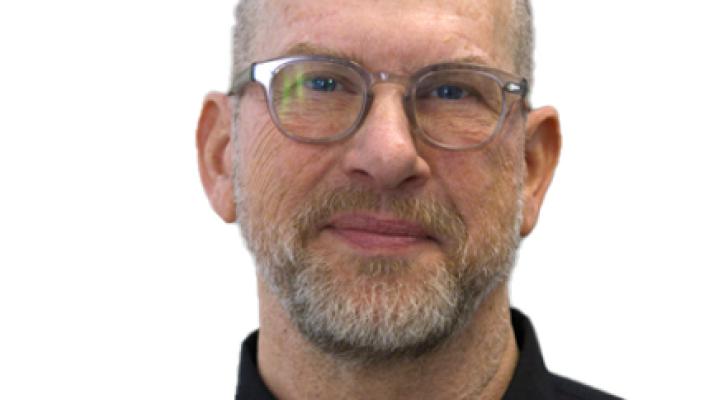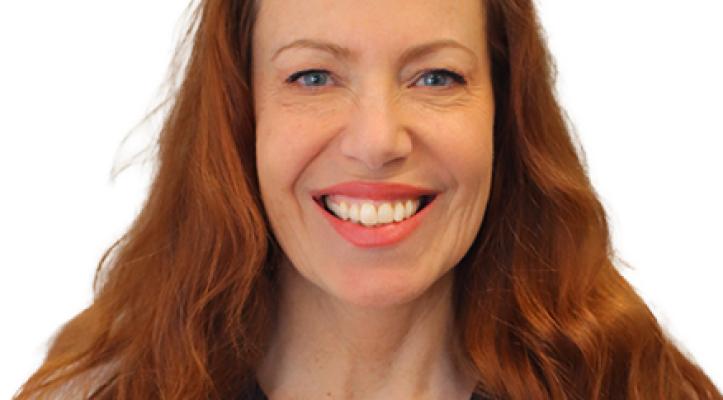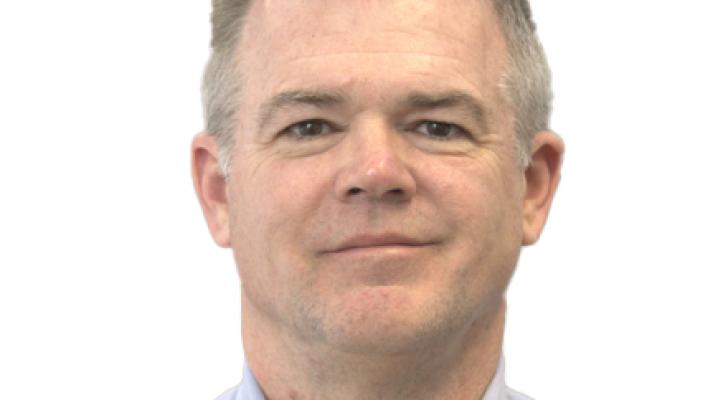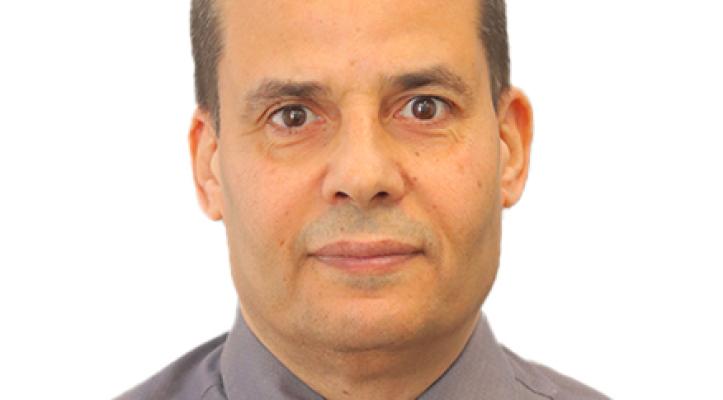What Is Stigma?
The stigma around substance use is one of the biggest barriers for people seeking and receiving treatment for substance use disorders. Stigma often takes the form of discriminatory attitudes, beliefs and behaviours. Stigma is most apparent in stigmatizing language, which relies heavily on stereotypes to shame and belittle individuals. Words matter. Changing our words can encourage more compassion.
Stigma is not only hurtful, it has real-life consequences. In the field of substance use, stigma is a significant barrier for those with a substance use disorder or who have used substances in the past. Family and friends of people who use substances can also experience stigma.
What Are We Doing to End Stigma?
CCSA is committed to sharing evidence on and ending the stigma around substance use within our community of influence. We collaborate with a diverse group of industry professionals, government departments and educators to help end stigma. We provide this help through evidence-informed reports and public engagement workshops. #StigmaEndsWithMe has been a theme of CCSA’s National Addictions Awareness Week. CCSA has teamed up with universities, hospitals and other organizations to ensure we’re all doing our part in making people aware of the harms of stigma. We’re also partnering with the Community Addictions Peer Support Association to help spread this message Canada-wide.
Our commitment to ending stigma is clear. In 2017, we dropped the word “abuse” from our title to officially become the Canadian Centre on Substance Use and Addiction.
Heading
Anti-Stigma Workshops
Our commitment to ending stigma expands far past the walls of CCSA.
We are doing this through full-day and half-day anti-stigma workshops. During the workshops, experts in the field review the evidence and experiences of stigma to help audience members reflect on how they can identify stigma in their lives and ultimately change the way they understand substance use and addiction.
These workshops are attended by people from all walks of life. We are proud to host workshop presenters with lived and living experience and people who work in neuroscience, healthcare, research and community support. More than 500 people from across Canada have attended a workshop.

Get to know our team.

Scott Elliott (British Columbia)
Governor-in-Council Appointee

Anne Élizabeth Lapointe, BA (Quebec)
Governor-in-Council Appointee
Antoinette Gravel-Ouellette
Substance Use Collective Member


Heading
Contact an Expert
Latest CCSA Updates
The Canadian Centre on Substance Use and Addiction Welcomes Dr. Louis Francescutti, Neil Arao, Cheryl Fraser and Dr.…
The Canadian Centre on Substance Use and Addiction (CCSA) proudly welcomes Dr. Louis Francescutti, Neil Arao, Cheryl Fraser and Dr. Dirk Huyer to its Board of Directors. Dr.
The Canadian Centre on Substance Use and Addiction (CCSA) proudly welcomes Dr. Louis Francescutti, Neil Arao, Cheryl Fraser and Dr. Dirk Huyer to its Board of Directors. Dr.
Heading
Guidance, Tools and Resources
CCSA produces research-based publications, tools, and resources to support evidence-based decision-making on substance use health issues. Select your area of interest from the six categories below:
Heading
Substances
Delve into key resources on commonly used substances, such as alcohol, cannabis, opioids, stimulants and psychedelics. Learn about their effects, usage patterns, associated health and social consequences, and harm reduction considerations
Heading
Personal and Societal Impacts
Get insights on the personal and societal impacts of substance use and addiction , including gambling and impaired driving, and their effects on health, safety, and social well-being. Learn about effective prevention and harm-reduction strategies in various sectors.
Heading
Communities
Communities share common interests, values or goals, and interact with one another to build relationships and help networks. These materials support more inclusive, equitable, and community-informed responses to substance use and addiction. Dive into resources highlighting people with lived and living experience, stigma, sex- and gender-based analysis, Indigenous Peoples, and housing.
Heading
Treatment and Prevention
Explore medical, psychological, and social approaches aimed at helping individuals avoid or recover from substance use disorders. Get the facts on public health topics and learn about collaborative efforts to reduce stigma and promote more equitable, inclusive responses to substance use.
Heading
Youth
Learn about factors influencing substance use in young people, including childhood trauma and brain development, and get tools to support adult allies in leading meaningful, evidence-informed conversations with youth. Content promotes early prevention, harm reduction and supportive environments for youth up to age 25.
Heading
Substance Use and the Workplace
Substance use has a significant impact on the workplace, potentially affecting safety, productivity and employee well-being. Explore research on substance use in various industries. Resources support workplace leaders in building more supportive, stigma-free environments through practical strategies, improved approaches and initiative-taking education.
